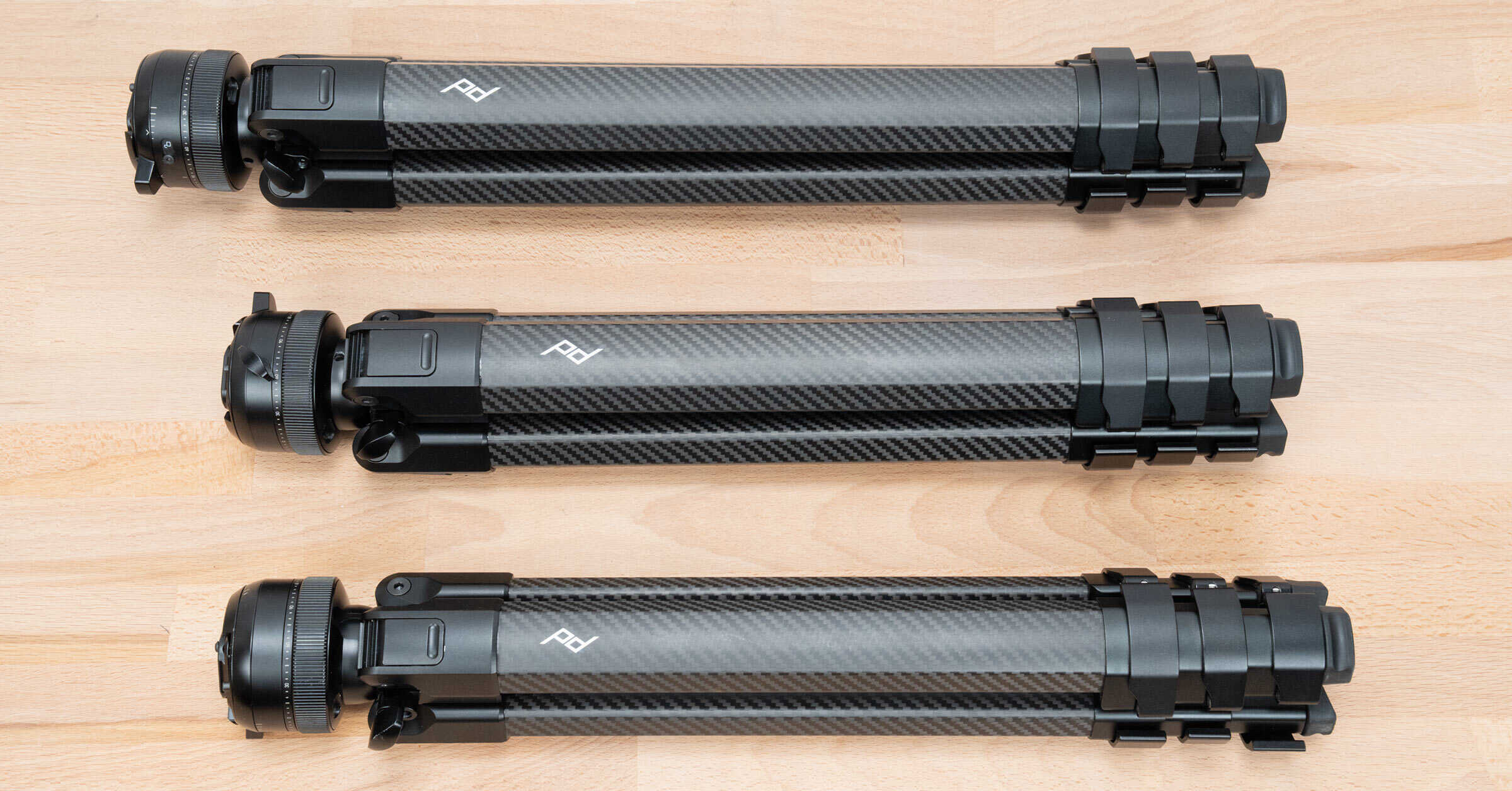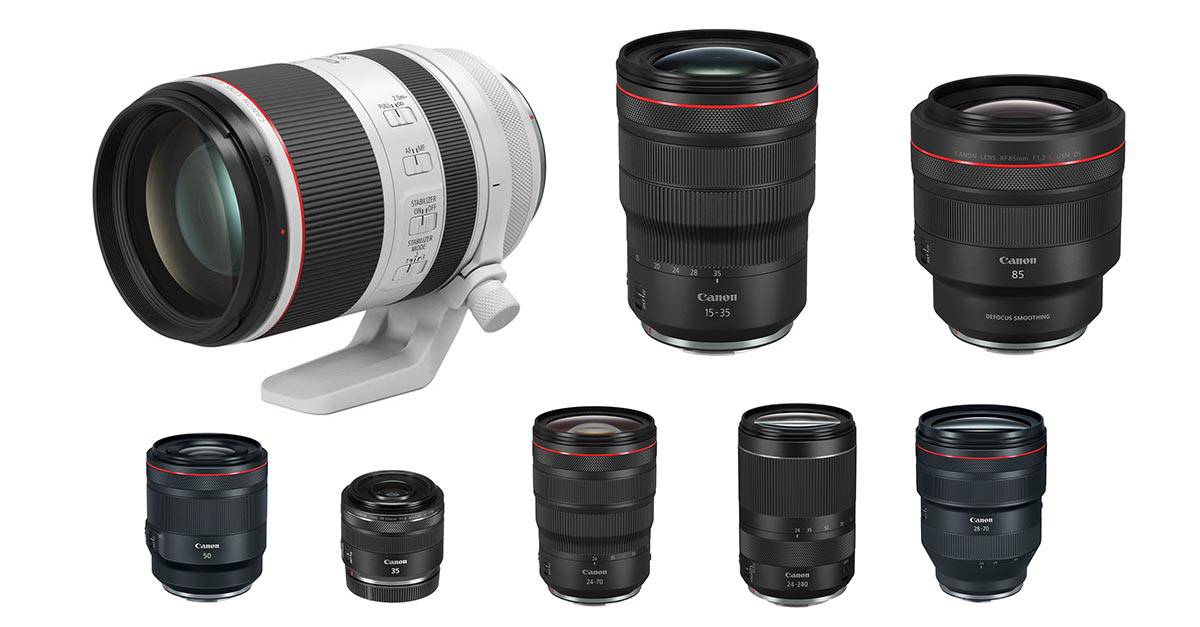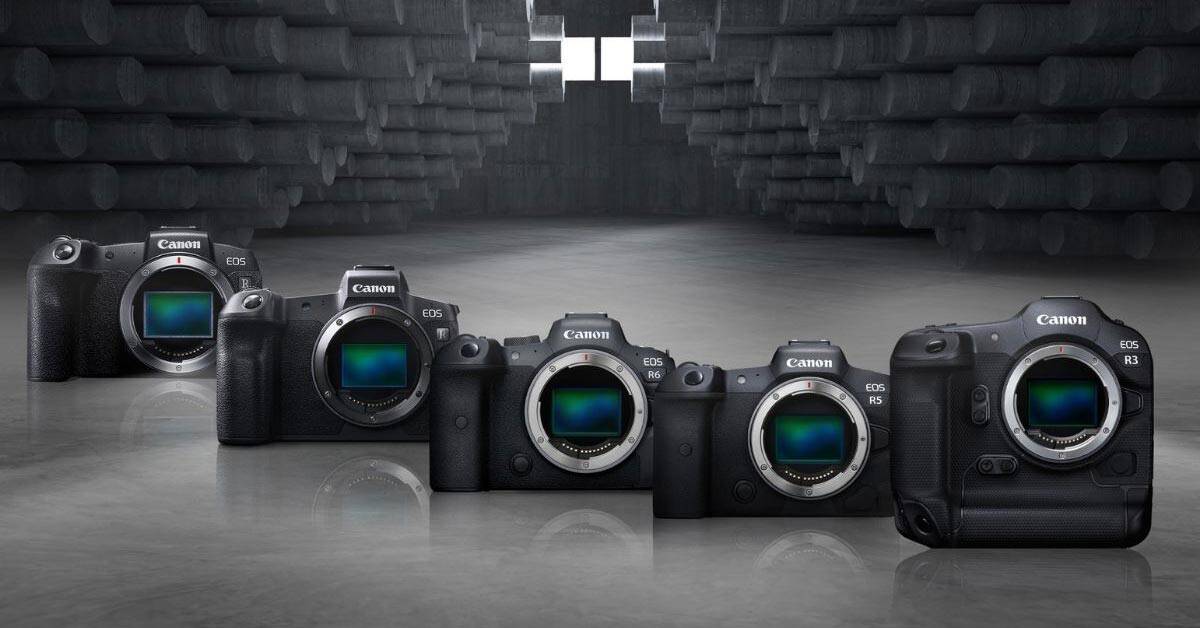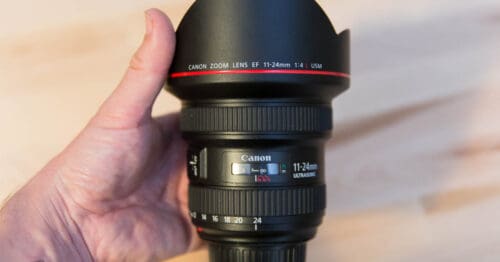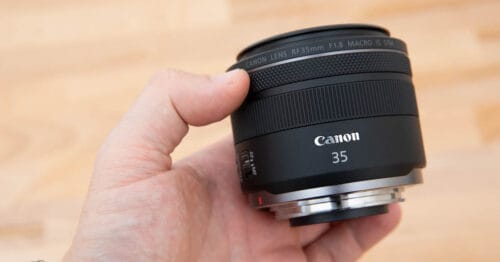Canon has formally announced the development of the EOS R1, stating that the new RF Mount flagship camera is aiming for a 2024 release. Although it was always logical that an EOS R1 would be launched above the R3, this is Canon’s first formal mention of such a camera. If the timeline follows that of the R3, we can guess the R1 will be available in October/November. UPDATE: The Canon R1 has been officially launched.
- Canon EOS R1 – B&H Photo / Amazon / Adorama / WEX (UK) / Camera Canada
Canon provided little additional information besides showing a product rendering that reveals an almost identical, if slightly larger, design to the R3. I have no doubt this camera will be in the hands of photographers at the Paris Olympics, and at this point, we can expect to hear more rumors about the R1’s frame rates, megapixel count, and autofocus performance.

Will it have a global shutter like Sony’s a9 III? We don’t yet know, despite one popular website claiming that it will not, based entirely on the mention of a CMOS sensor in the Canon press release. Remember, the global shutter in the Sony a9 III is still part of a stacked CMOS architecture, and Sony still calls the a9 III’s sensor a stacked CMOS in all of its literature. So, don’t be fooled. The R1 may still opt for a global shutter. That said, I don’t think they will. I think that will come in an R3 Mark II. However, the mere mention of CMOS in the development announcement is not proof that R1 won’t use this new technology.
Still, there are a few tidbits we can highlight. Firstly, the camera uses a CMOS sensor, so this will not be a global shutter sensor like the Sony a9 III. Secondly, Canon states that the camera will have improved internal noise reduction, based at least partly on the system used in their PC image editing software. Will this be the first camera to implement in-camera AI noise reduction? Time will tell.

R1 Introduction Video
Press Release
MELVILLE, N.Y., – May 15, 2024 — Canon U.S.A., Inc. today announced that its parent company, Canon Inc. announced today that it is currently developing the EOS R1, a full-frame mirrorless camera, as the first flagship model for the EOS R SYSTEM equipped with an RF mount and is aiming for a 2024 release.
The EOS R1 is a mirrorless camera geared toward professionals that brings together Canon’s cutting-edge technology and combines top-class performance with the strong durability and high reliability sought in a flagship model. This camera will dramatically improve* the performance of both still images and video and meet the high requirements of professionals on the frontlines of a wide range of fields including sports, news reporting, and video production.
This camera employs the newly developed image processor DIGIC Accelerator in addition to the pre-existing processor DIGIC X. The new image processing system, composed of these processors and a new CMOS sensor, enables large volumes of data to be processed at high speeds and delivers never-before-seen advancements in Auto Focus (AF) and other functions.
By combining the new image processing system and deep learning technology to an advanced degree, Canon has achieved high-speed and high-accuracy subject recognition. For example, subject tracking accuracy has been improved so that in team sporting events where multiple subjects intersect, the target subject can continually be tracked even if another player passes directly in front of them. In addition, the AF “Action Priority” function recognizes subject movement by rapidly analyzing the subject’s status. In moments during a sports game when it is difficult to predict what will happen next, this function automatically determines the player performing a certain action, such as shooting a ball, as the main subject and instantly shifts the AF frame, thereby helping to capture decisive moments of gameplay.
The combination of the new image processing system and deep learning technology will help to improve image quality. Canon implements the image noise reduction function, which has been previously developed and improved as part of the software for PCs, as a camera function to further improve image quality and contribute to user creativity.
Canon is working on field tests for this camera and will support capturing definitive and impactful moments at international sporting events to be held in the future.
Going forward, Canon will continue to expand the EOS R SYSTEM lineup of fascinating cameras and RF lenses, thereby continuing to meet the demands of a wide range of users and contribute to the development of photography and video culture.
* In comparison to EOS R3 (released in November 2021)


